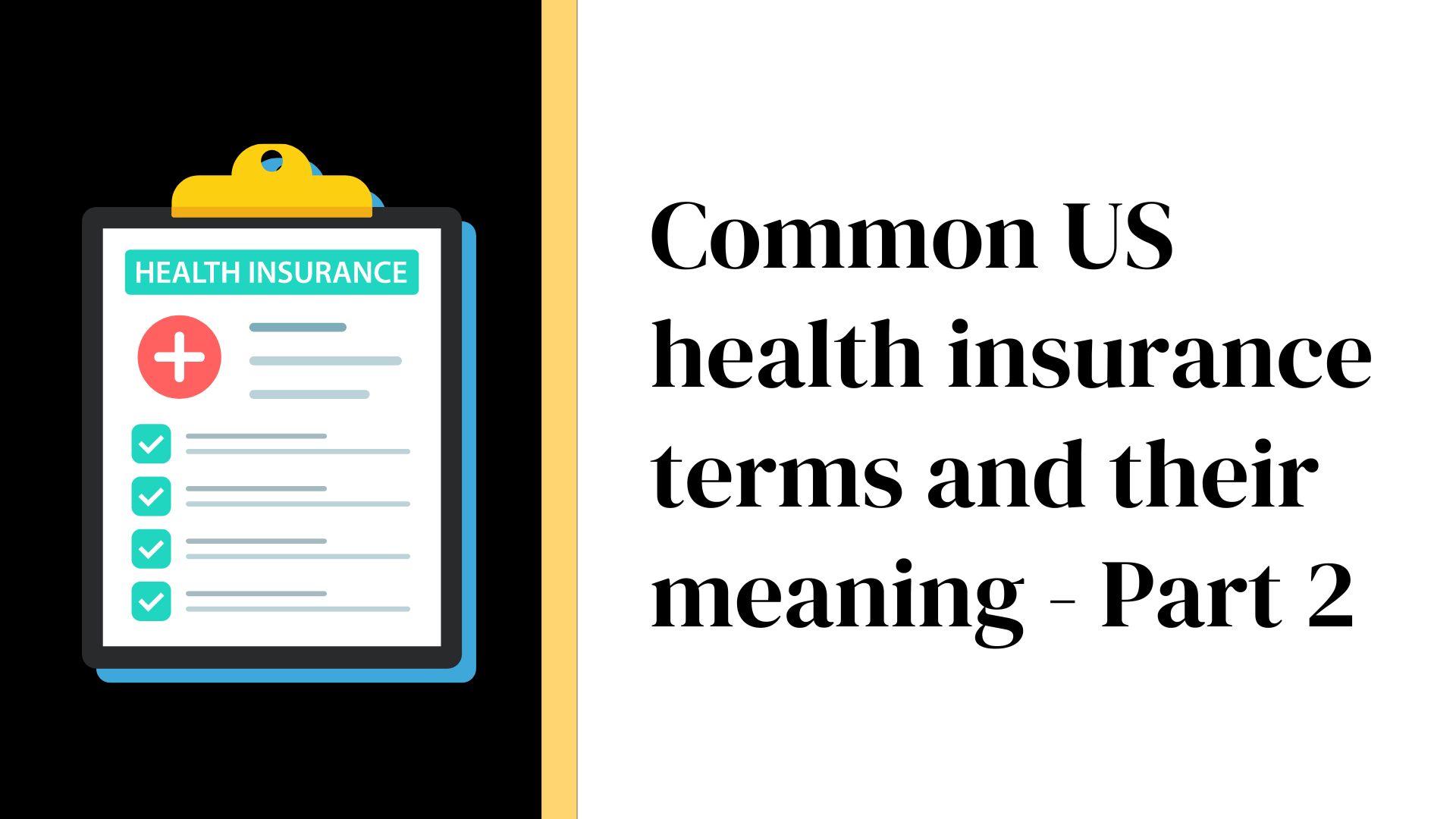Health insurance in the US
The language of health insurance can be hard to understand. However, it’s becoming more and more important for health care consumers to have at least a basic knowledge of the industry’s terminology. We previously covered some of the most common health insurance terms you’ll come across in the US, whether you’re employing staff or are the one using the insurance as a patient.
Under the Affordable Care Act (ACA), most Americans are required to have health insurance coverage, either through their employer, a government program like Medicare or Medicaid, or by purchasing a plan through the health insurance marketplace. Many employers offer health insurance as part of their employee benefits package.
Moreover, access to employer-sponsored health insurance can be a significant factor for individuals when choosing where to work, and it helps employers attract and retain talented employees.
Types of health care provider arrangements
- Exclusive providers – Enrollees must go to providers associated with the plan for all non-emergency care in order for the costs to be covered.
- Any providers – Enrollees may go to providers of their choice with no cost incentives to use a particular subset of providers.
- Mixture of providers – Enrollees may go to any provider but there is a cost incentive to use a particular subset of providers.
Common health insurance terms
Exclusion or limitation – specific situation, condition, or treatment that a health insurance plan does not cover.
Group health insurance – a coverage plan offered by an employer or other organization that covers the individuals in that group and their dependents under a single policy.
Provider – any person or facility that provides medical care.
In-network provider – a health care professional or facility that is part of a health plan’s network of preferred providers. Services by these providers usually cost less for those covered because they have negotiated a discount for their services in exchange for the insurance company sending more patients their way.
Medicare supplement plans – private plans specifically designed to help fill the gaps in Medicare coverage.
Health Maintenance Organization plan – a health care financing and delivery system that provides comprehensive health care services for enrollees in a particular geographic area.
Payer – also known as the carrier, this is the health insurance provider whose plan pays for the cost of the care used by the recipient.
Preexisting Condition – this is a medical condition determined to have been in existence before the policy went into effect. Most insurance policies consider pregnancy a preexisting condition.
Preferred Provider Organization (PPO) plan – this plan offers greater freedom than HMO plans. Customers with PPOs are free to receive care from both in-network or out-of-network providers.
An experienced Employer of Record partner can provide full legal guidance and tailored healthcare administration for employees while ensuring compliance with state labor laws.
Disclaimer: This post is provided for informational purposes and should not be considered legal advice, the final word on this topic or a political opinion.
